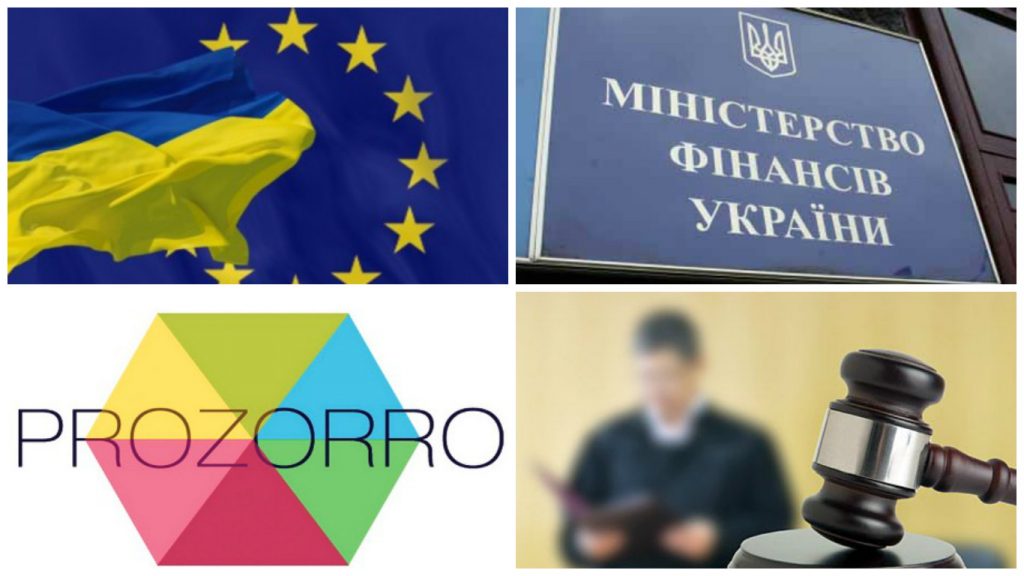European integration
The introduction of a visa-free regime between Ukraine and the EU remains uncertain. The formal reason is that Ukraine has not yet fulfilled all the necessary conditions for acquiring that status. In particular, Ukraine’s Parliament has not implemented an electronic register of tax returns that meets EU standards, which is a key preventive tool that should discourage bureaucratic corruption at all levels. Political processes may be inconsistent but pro-European sentiments are strong as never before among Ukrainians. According to a survey conducted by the “Democratic initiatives” fund, half of the population believes that Ukraine will benefit from joining the EU and almost as many consider themselves Europeans. Every fourth Ukrainian believes that EU membership will facilitate implementing domestic reforms in Ukraine. It seems that some investors who not only make statements, but also truly invest in the Ukrainian economy share this view. Major global soft commodities corporation Cargill will soon begin construction of a new grain terminal at “Pivdennyi (Southern)” port. The project cost is $ 100 million.
Management of state property
New achievements have been made in the reform of state property. State enterprises will implement new approaches to assessing and forecasting financial performance and will get new governing bodies, which will be created in accordance with world best practices. This will be the responsibility of a department specially created within the Ministry of Finance of Ukraine. Its experts will carefully examine draft financial plans of state enterprises and provide recommendations to the Cabinet.
Anti-corruption reform
After investigating judges, the detectives of the National Anti-Corruption Bureau (NABU) began to check prosecutors. More than 40 searches were carried out, while 100 law enforcement officers and several prosecutors were detained. This impressive level of activity is what society expects from the NABU.
Meanwhile, the Cabinet also contributed to anti-corruption reform and adopted a resolution on the establishment of the National Agency for the detection, investigation and management of assets acquired through corruption. However, the agency will start working efficiently only after the competition commission appoints the head and members of the agency.
Judicial reform
Recertification of judges showed the first results. The High Qualifications Commission suspended the first judge who had not passed a law test. She must undergo re-training at the National School of Judges. Re-certification is necessary for all 8,000 Ukrainian judges.
Deregulation
Ukraine continues to shed its Soviet legacy. From January 1, 2017, most health standards introduced in the USSR will cease to operate in Ukraine. Thus, the basis for corruption will decrease considerably. These outdated health standards do not meet modern requirements and became a pretext for bribes. The standards introduced after 1991 or those regulating the safety of public health will remain.
Cancellation of inappropriate health standards following the cancellation of nearly 13000 other outdated regulations should greatly facilitate the business environment in Ukraine.
Reform of public procurement
The Cabinet of Ministers of Ukraine approved the rules of electronic public procurement Prozorro. With these rules, all the central authorities will promptly move to procurement in an electronic format. The rules determine the order of interaction between Prozorro and other electronic platforms. There will be two phases of the transition – from April 1, large contracting authorities (ministries and state-owned enterprises) will start electronic procurement, and from August 1 – all other customers (utilities, municipal enterprises, etc.).

